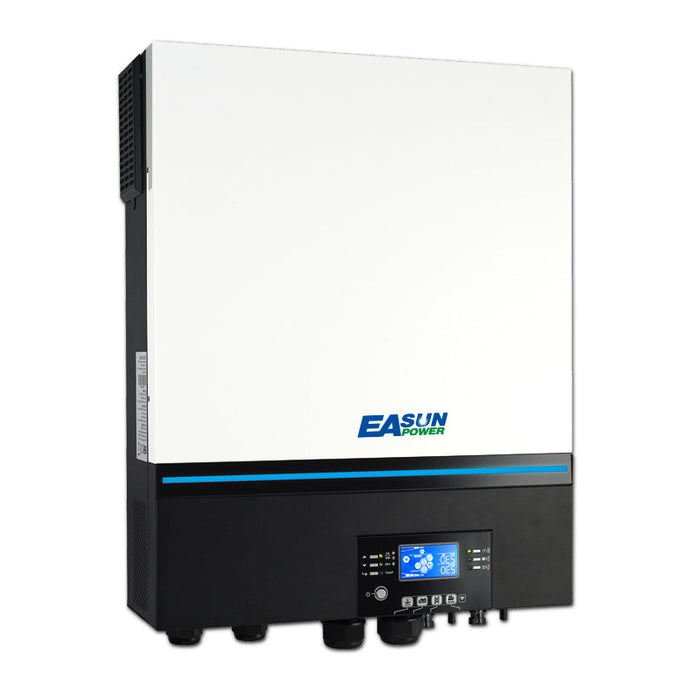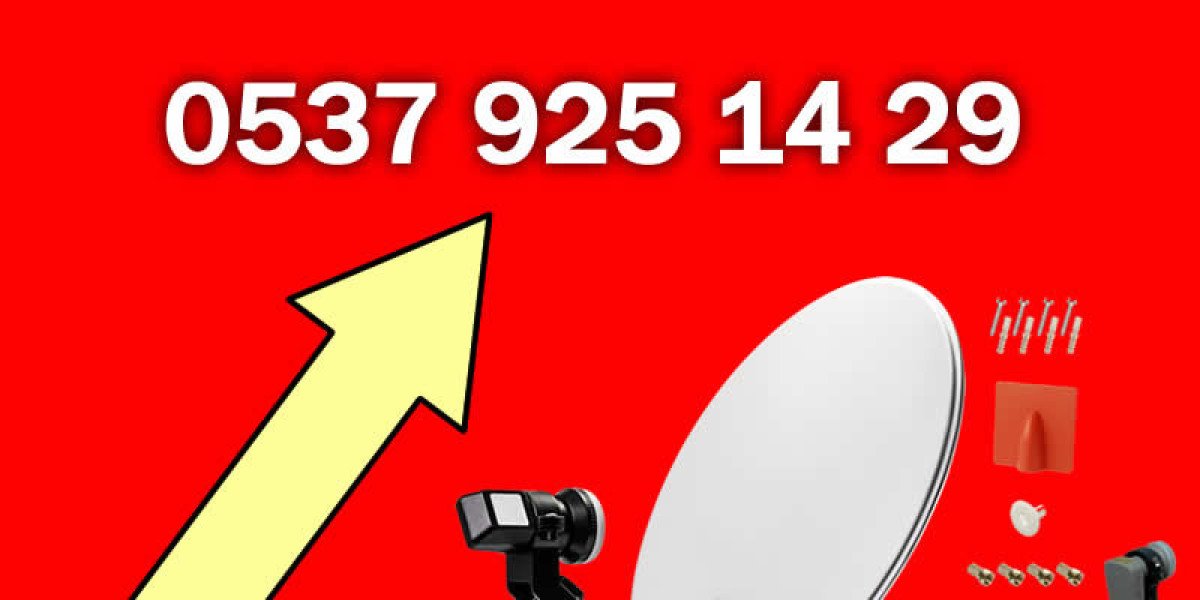In the evolving landscape of renewable energy, the multi-communication port solar inverter for flexible installation stands out as a pivotal technology. These inverters not only enhance energy efficiency but also offer unparalleled flexibility in installation and operation. Understanding their benefits can help users make informed decisions about their solar energy systems.

What is a Multi-Communication Port Solar Inverter?
A multi-communication port solar inverter is designed to facilitate various communication protocols, allowing seamless integration with different devices and systems. This versatility is crucial for optimizing energy management and monitoring. But why is this flexibility important? It enables users to adapt their solar systems to specific needs, whether for residential, commercial, or industrial applications.
Key Advantages of Multi-Communication Port Solar Inverters
- Enhanced Compatibility: These inverters support multiple communication standards, such as RS485, Wi-Fi, and Ethernet, ensuring compatibility with a wide range of monitoring systems.
- Customizable Monitoring: Users can choose their preferred monitoring solutions, allowing for real-time data access and performance tracking.
- Scalability: As energy needs grow, these inverters can easily integrate additional components, making them ideal for expanding solar installations.
- Improved Performance: With advanced communication capabilities, these inverters can optimize energy conversion and enhance overall system efficiency.
Flexible Installation Options
The multi-communication port solar inverter for flexible installation provides various installation options that cater to different environments. Whether mounted on a wall or installed in a rack system, these inverters can adapt to the available space. This flexibility is particularly beneficial for urban settings where space is limited.
Moreover, the ability to connect to various communication networks means that users can monitor their systems from anywhere. This is especially advantageous for those who manage multiple sites or require remote access for operational efficiency.
Choosing the Right Multi-Communication Port Solar Inverter
When selecting a multi-communication port solar inverter for flexible installation, consider the following factors:
- Compatibility with existing solar components.
- Support for desired communication protocols.
- Scalability for future energy needs.
- Manufacturer support and warranty options.
For a comprehensive solution, explore options like the  , which exemplifies the capabilities of modern solar inverters.
, which exemplifies the capabilities of modern solar inverters.
Conclusion
In summary, the multi-communication port solar inverter for flexible installation offers significant advantages for users seeking customizable energy solutions. With enhanced compatibility, scalability, and performance, these inverters are an excellent choice for anyone looking to optimize their solar energy systems. As the demand for renewable energy continues to grow, investing in such technology will undoubtedly yield long-term benefits.







